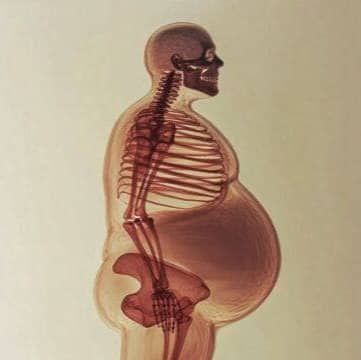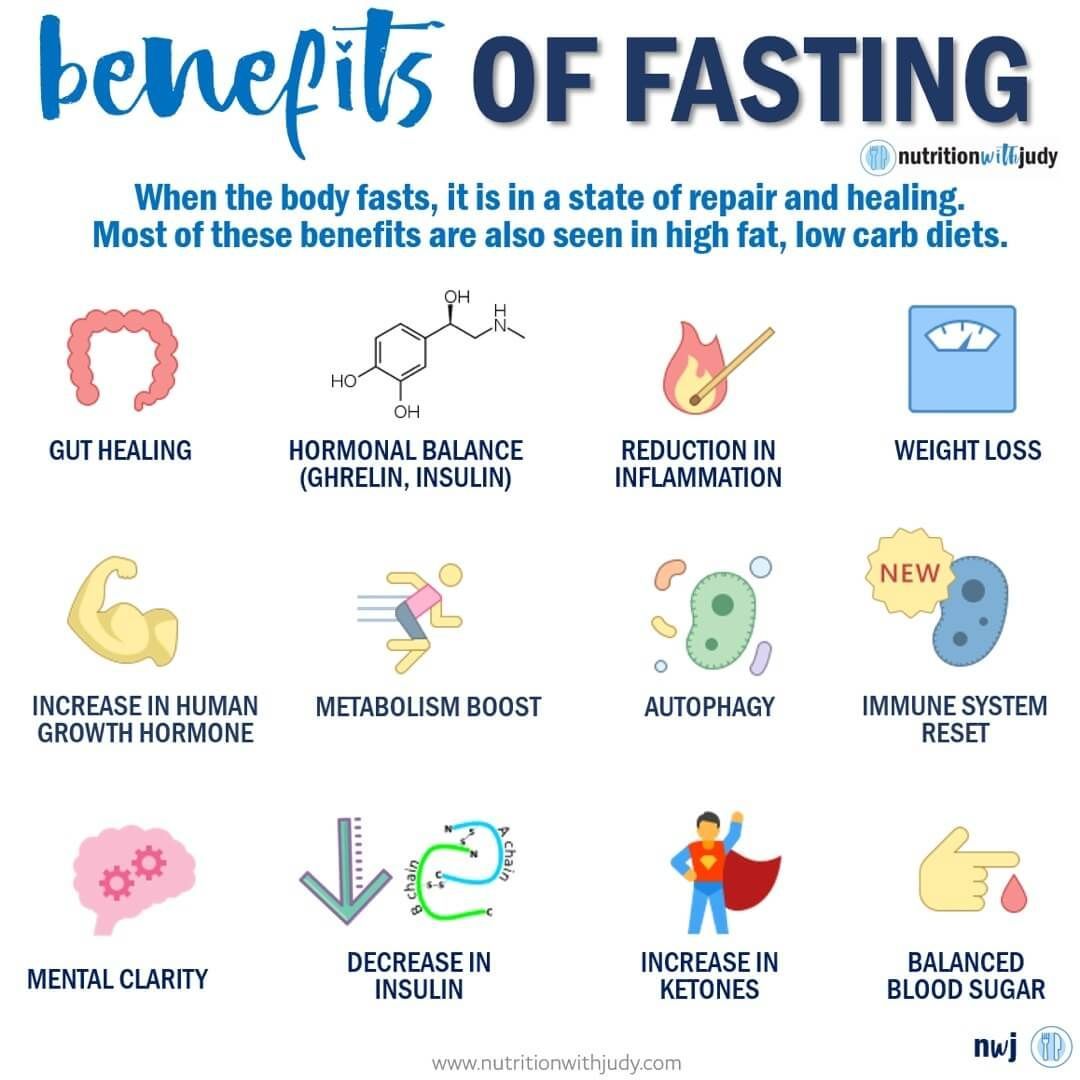The Fasted state !
What is the fasted state !

The definition of fasting is quite simple.I have read through countless dictionary entries and website descriptions of fasting, and have decided that the best definitionof fasting is the following:
“The act of willingly abstaining from some or all food,and in somecases,drink, for a pre-determined period.”The key word in this definition is“willingly” as it is the difference between fasting and starving. Other than this one small difference, the net result is the same–the purposeful abstinence from caloric intake over a given period. Now, a lot of people confuse 'starvation' with wasting-wasting is the result of prolonged caloric restriction-where your fat reserves are almost completely used upand can no longer supply your body with enough energy to meet its needs. This is when you see abnormal physiology such as muscle wasting (loss) and a slowed metabolismand altered hormone profiles. So 'wasting' is the resultof prolonged extreme calorie restriction–occurring after months or even years of a chronically low intake and possible nutrient deficiencies, but not something that happens in a 72hour period without food. So,you are either
fed or fasted, however ‘fasted’ can mean 12 hours or 12 weeks, so for the purpose of my research I decided to focus on short-term fasting, studying the metabolic effects of fasting between 12 and 72 hours. The minute you start fasting(stop eating) your body slowly begins to enter the fasted state. As you slowly use up the energy and nutrients supplied by your last meal;you also slowly begin to ramp up the amount of energy you supply from your body fat. For most people you fully enter the fasted state, using mostly body fat as a fuel, by about 24 hours since you finished your last meal. So ‘fasting’ begins the moment you stop eating, after which you slowly enter the ‘fastedstate’. The amount of time it takes to fully enter the fasted state depends largely onthe size of your last meal, but in general occurs somewhere between 16 and 24 hours of fasting
While researching, I observed that studying short-term fasting was an excellent way to uncover the truth behind nutrition and fat loss. This was because people with vested interests in selling consumable products have no interest in studying fasting.
Fasting automatically rules out the use of any sort of food, health supplement, or newly touted “functional foods”. Much to the dismay of food companies, you cannotput fasting into a pill and sell it, and as we have already discussed, the purpose of most nutrition research these days is the development of new products. By default, because you do not consume anything while you are fasting, research on fasting contains extraordinarily little bias from large food company funding. After all, why would a food company spend money proving there is a benefit to eating less of their products.Another benefit of studying fasting is that there is an extremely large volume ofresearch that has been conducted on fasting, and more research comes out almost every day.
Fasting is the simplest method our body has for maintaining its caloric balance. Store a little when we eat, burn a little when we do not eat. Recent research suggests theproblem is that we spend as much as 20 hours a day in the fed state. We are constantlyeating and storing food and we never really give ourselves a chance to burn it off.
So,they in and yangof fed and fasted has been replaced by a constant fed state, where we helplessly try to figure out how to continue eating and somehow lose weight at thesame time. This is a very scary scenario when you consider the fact that our bodies are designed to store fat whenever it is provided with several calories beyond its needs.To restore the balance of fed and fasted states, we have no choice but to go through periods of under-eating to match our large periods of over-eating.
As a very crude example, imagine a hunter who has caught and eaten an animal, and for aged around and found some berries. Once the meat is gone and the berries have all been picked, the hunter has no choice but to move on in search of more food. Based on this ancestry, it seems logical to say that this is precisely how our bodies weredesigned to function.So,if our bodies were designed to feed and then fast, why doesn’t anyone fast anymore?Most likely it is because the concept of fasting for weight loss and health has been villainized in western society as it goes directly against one of the most basic principles of business–supply and demand. To the food industry and various government agencies, the idea of people eating less is bad for business. Consider that each day in Australia, the food industry produces enough food to supply every single person with almost 4000 calories. On top of that, 10 billion dollars per year goes into the advertising and promotion of this food. It would be a huge financial disaster for many food companies if all at once everyone in Australia decided not to eat for one dayout of the week.This is why the food and nutrition industry are willing to suggest many different theories on how to lose weight,if it means we continue buying and consuming foods. And not only that,they are trying to sell the idea of buying MORE foods and consuming it MORE often
So,anyone who suggests there is no scientific data on fasting could not befurther from the truth!










